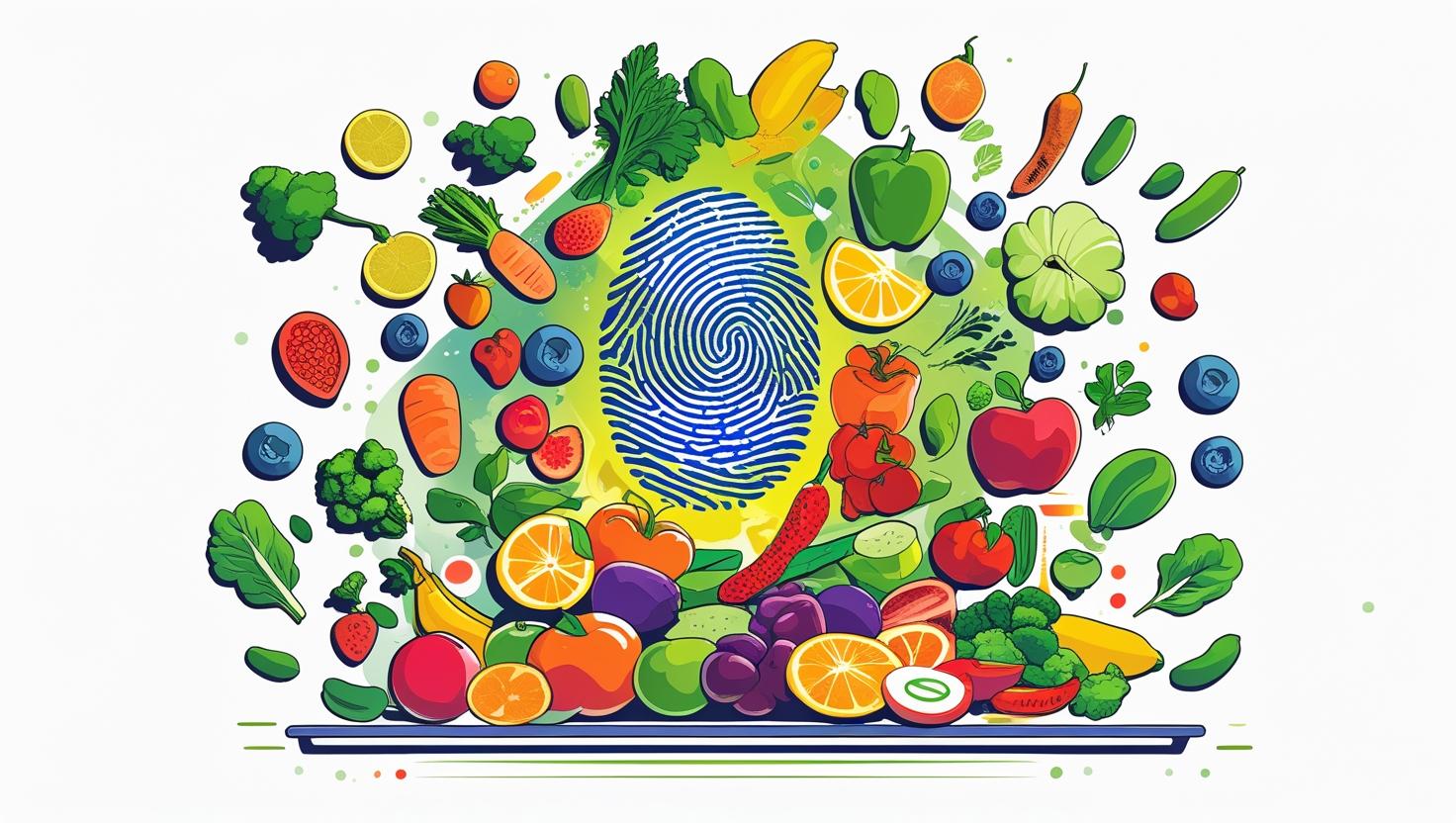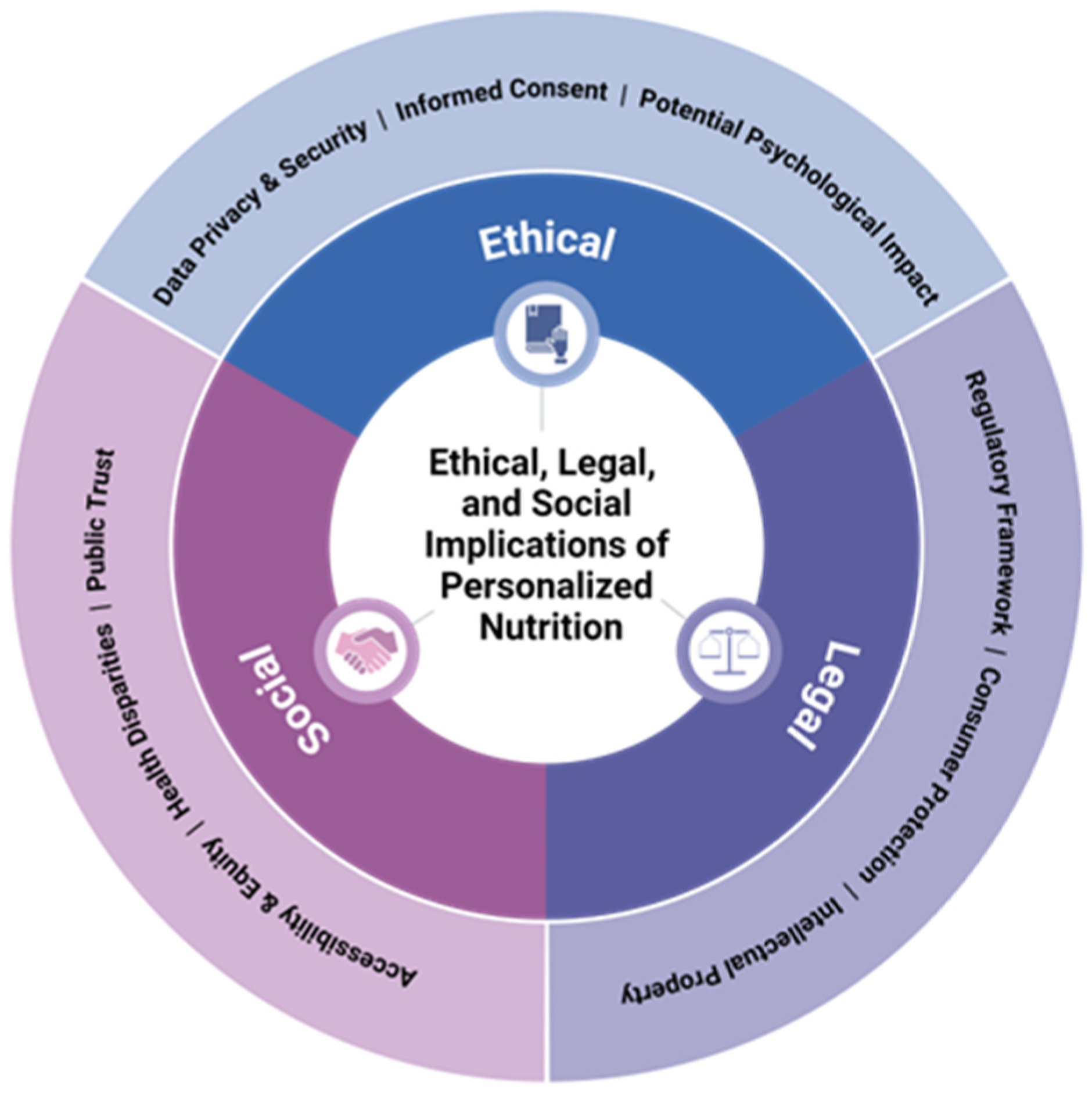
How Personalized Nutrition is Reshaping Health
Imagine a world where dietary advice is as unique as a fingerprint. That world is fast becoming a reality through personalized nutrition (PN) — an emerging frontier at the intersection of genomics, artificial intelligence, and nutrition science. Rather than relying on one-size-fits-all dietary guidelines, PN utilizes individual genetic data, phenotypes, and lifestyle information to craft tailored nutritional recommendations that address chronic disease risk and improve overall wellness.
📚 From Broad Guidelines to Genetic Precision
Traditional dietary advice has evolved from merely preventing deficiencies to targeting complex diseases like obesity, diabetes, and cardiovascular disorders. Yet, despite general recommendations such as the Mediterranean or DASH diets, inter-individual differences often render these strategies ineffective for many. Personalized nutrition steps in by recognizing that genetic variations can dramatically alter responses to specific nutrients, leading to the need for truly tailored dietary interventions.
🧬 The Science Behind It
At the core of PN is the field of nutrigenomics, which explores how genes interact with nutrients. For instance, variations in the MTHFR gene can influence folate metabolism, while the FTO gene affects fat storage and obesity risk. The APOE gene, on the other hand, plays a key role in lipid metabolism and cardiovascular health. These genetic markers — and many more — provide valuable insights into how different bodies react to foods, supplements, and overall dietary composition.
A visual workflow diagram on page 4 of the reviewed article shows how PN operates: from genetic testing and data integration to meal plan development and real-time monitoring.
🥗 Real-Life Impacts and Clinical Potential
PN is not merely theoretical. Clinical applications are growing, with tools such as Clinical Nutritional Information Systems (CNIS) assisting dietitians in cancer care settings. Moreover, direct-to-consumer genetic tests are now offering tailored diet suggestions based on a person’s DNA — though caution and professional interpretation remain essential.
Several intervention studies — such as the NOW trial and Food4Me study — confirm that genotype-informed diets lead to better adherence, weight control, and metabolic improvements. For example, individuals with specific gene variants achieved more sustained weight loss when dietary plans were customized to their DNA.
⚠️ Ethics, Challenges, and the Path Ahead
While the promise of PN is profound, the field is not without hurdles. Data privacy, accessibility, high costs, and ethical concerns around genetic testing remain major challenges. Furthermore, scientific limitations persist — including the complexity of gene–diet interactions and the need for more robust clinical evidence.
The diagram on page 9 outlines these ethical, legal, and social considerations in a circular chart, highlighting the importance of transparent data use, equitable access, and informed consent.
Despite these barriers, technological innovation is pushing the field forward. Integration with AI, mobile sensors, wearable tech, and big data bioinformatics is enhancing the ability to translate genomic insights into actionable health interventions.
🌍 Toward a Healthier, More Personal Future
The future of nutrition is moving toward precision, personalization, and proactive health care. With further research and responsible implementation, personalized nutrition holds the potential to reduce chronic disease, improve dietary adherence, and empower individuals to make food choices that truly align with their biological needs.
As this revolution gains momentum, one truth becomes clear: nutrition is no longer about what works in general — it’s about what works specifically for each unique body.

Adapted from: https://www.mdpi.com/2072-6643/16/16/2673